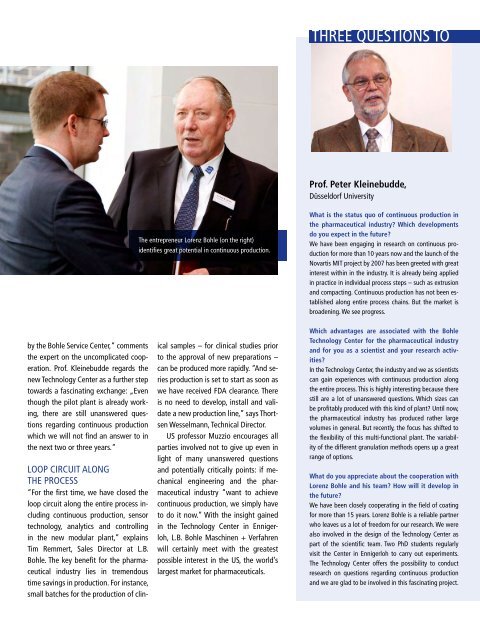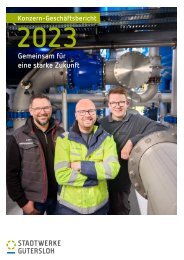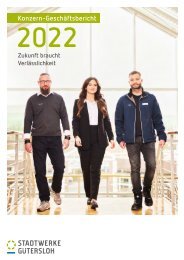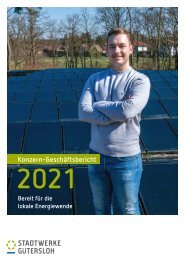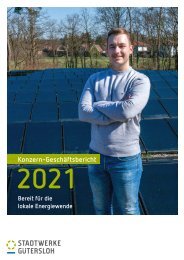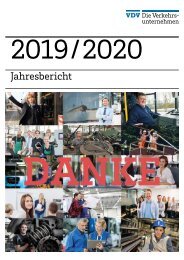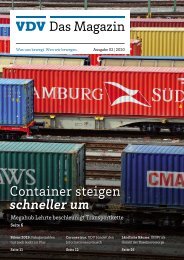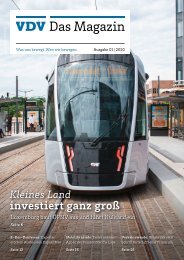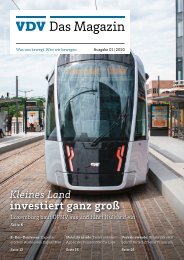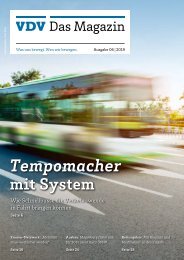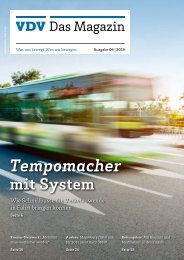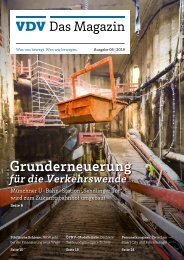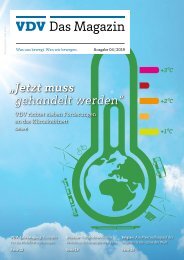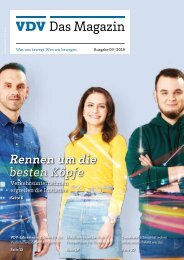FOCUS ON THE FUTURE – L.B. Bohle
On the global pharmaceuticals market with a sales volume of € 700 billion per year, our company is rather below the „reception radar“ with a share of € 40 million per year. Nevertheless, our special machines for pharmaceutical solids production have made their mark over the 30 years of our company history – notably when it comes to global corporations.
On the global pharmaceuticals market with a sales volume of € 700 billion per year, our company is rather below the „reception radar“ with a share of € 40 million per year. Nevertheless, our special machines for pharmaceutical solids production have made their mark over the 30 years of our company history – notably when it comes to global corporations.
You also want an ePaper? Increase the reach of your titles
YUMPU automatically turns print PDFs into web optimized ePapers that Google loves.
THREE QUESTI<strong>ON</strong>S TO<br />
Prof. Peter Kleinebudde,<br />
Düsseldorf University<br />
The entrepreneur Lorenz <strong>Bohle</strong> (on the right)<br />
identifies great potential in continuous production.<br />
What is the status quo of continuous production in<br />
the pharmaceutical industry? Which developments<br />
do you expect in the future?<br />
We have been engaging in research on continuous production<br />
for more than 10 years now and the launch of the<br />
Novartis MIT project by 2007 has been greeted with great<br />
interest within in the industry. It is already being applied<br />
in practice in individual process steps <strong>–</strong> such as extrusion<br />
and compacting. Continuous production has not been established<br />
along entire process chains. But the market is<br />
broadening. We see progress.<br />
by the <strong>Bohle</strong> Service Center,“ comments<br />
the expert on the uncomplicated cooperation.<br />
Prof. Kleinebudde regards the<br />
new Technology Center as a further step<br />
towards a fascinating exchange: „Even<br />
though the pilot plant is already working,<br />
there are still unanswered questions<br />
regarding continuous production<br />
which we will not find an answer to in<br />
the next two or three years.“<br />
LOOP CIRCUIT AL<strong>ON</strong>G<br />
<strong>THE</strong> PROCESS<br />
“For the first time, we have closed the<br />
loop circuit along the entire process including<br />
continuous production, sensor<br />
technology, analytics and controlling<br />
in the new modular plant,” explains<br />
Tim Remmert, Sales Director at L.B.<br />
<strong>Bohle</strong>. The key benefit for the pharmaceutical<br />
industry lies in tremendous<br />
time savings in production. For instance,<br />
small batches for the production of clinical<br />
samples <strong>–</strong> for clinical studies prior<br />
to the approval of new preparations <strong>–</strong><br />
can be produced more rapidly. “And series<br />
production is set to start as soon as<br />
we have received FDA clearance. There<br />
is no need to develop, install and validate<br />
a new production line,” says Thortsen<br />
Wesselmann, Technical Director.<br />
US professor Muzzio encourages all<br />
parties involved not to give up even in<br />
light of many unanswered questions<br />
and potentially critically points: if mechanical<br />
engineering and the pharmaceutical<br />
industry “want to achieve<br />
continuous production, we simply have<br />
to do it now.” With the insight gained<br />
in the Technology Center in Ennigerloh,<br />
L.B. <strong>Bohle</strong> Maschinen + Verfahren<br />
will certainly meet with the greatest<br />
pos sible interest in the US, the world’s<br />
largest market for pharmaceuticals.<br />
Which advantages are associated with the <strong>Bohle</strong><br />
Technology Center for the pharmaceutical industry<br />
and for you as a scientist and your research activities?<br />
In the Technology Center, the industry and we as scientists<br />
can gain experiences with continuous production along<br />
the entire process. This is highly interesting because there<br />
still are a lot of unanswered questions. Which sizes can<br />
be profitably produced with this kind of plant? Until now,<br />
the pharmaceutical industry has produced rather large<br />
volumes in general. But recently, the focus has shifted to<br />
the flexibility of this multi-functional plant. The variability<br />
of the different granulation methods opens up a great<br />
range of options.<br />
What do you appreciate about the cooperation with<br />
Lorenz <strong>Bohle</strong> and his team? How will it develop in<br />
the future?<br />
We have been closely cooperating in the field of coating<br />
for more than 15 years. Lorenz <strong>Bohle</strong> is a reliable partner<br />
who leaves us a lot of freedom for our research. We were<br />
also involved in the design of the Technology Center as<br />
part of the scientific team. Two PhD students regularly<br />
visit the Center in Ennigerloh to carry out experiments.<br />
The Technology Center offers the possibility to conduct<br />
research on questions regarding continuous production<br />
and we are glad to be involved in this fascinating project.


